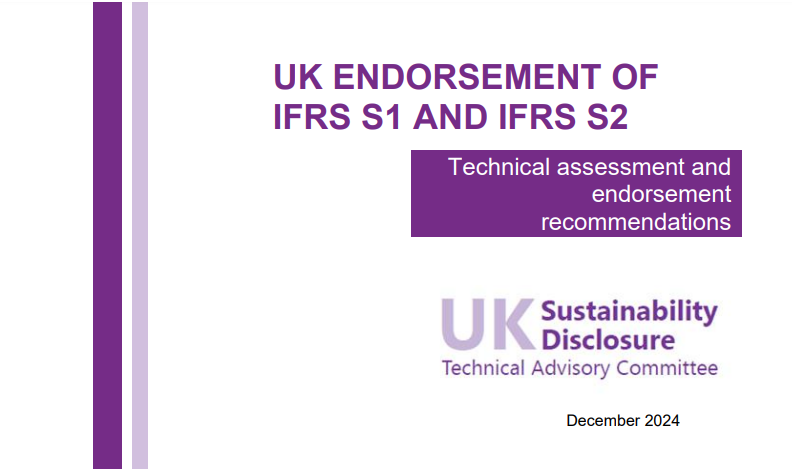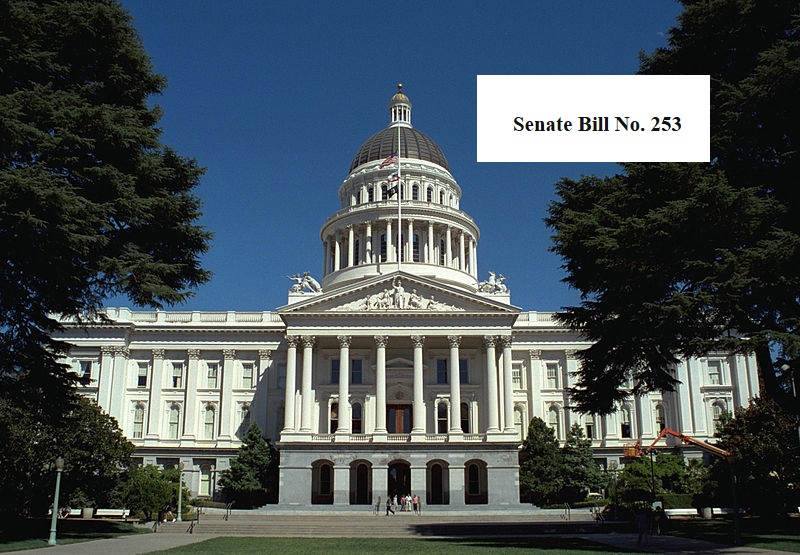UK Companies Have Until 2027 to Include Net Zero Considerations in ESOS Audits
UK businesses participating in the Energy Savings Opportunity Scheme (ESOS) have been given until 2027 to include net zero considerations in their audits, thanks to a delay in Phase 4 due to the pandemic. The Environment Agency encourages voluntary inclusion of net zero measures in Phase 4 reports, with new standards introduced to support this transition. Experts suggest that while the delay provides additional time, companies should act now to stay ahead of global sustainability trends and avoid falling behind.

The UK Environment Agency has confirmed that businesses participating in the Energy Savings Opportunity Scheme (ESOS) will not be required to include net zero considerations in their audits until 2027. This delay is due to setbacks during the implementation of Phase 3 legislation and recommendations, which were disrupted by the pandemic. As a result, net zero requirements have been deferred to Phase 5 of ESOS, which will run from 2027 to 2031.
New Timeline and Changes for Businesses
Companies involved in ESOS (typically large firms) will continue to assess their overall energy consumption, identify energy-intensive operations, and seek energy-saving opportunities. Initially, Phase 4 was expected to include mandatory net zero requirements, but this has now been postponed. This means businesses will not need to align their long-term carbon reduction strategies with the UK's legally binding climate targets until Phase 5.
The Environment Agency is encouraging businesses to voluntarily incorporate net zero considerations into their Phase 4 reports. To facilitate this, the UK government has partnered with the British Standards Institution (BSI) to develop two public specifications (PAS) as guidance. PAS 51215-1:2025 establishes a framework for integrated energy and decarbonisation analysis, while PAS 51215-2:2025 defines the competencies required for professionals and teams carrying out these assessments.
Revised Requirements for Phase 4 and Reporting Changes
Along with the delay on net zero requirements, there are several other changes for Phase 4. For instance, Display Energy Certificates (DEC) and Green Deal Assessments (GDA) will no longer be valid compliance methods. Companies will also need to document their progress on action plans and justify any unmet obligations. Furthermore, the proposal to align ESOS qualification thresholds with the Streamlined Energy and Carbon Reporting (SECR) requirements has been rejected, meaning the existing qualification criteria will remain in place for Phase 4.
Conclusions and Business Impact
With the delay in net zero requirements, UK businesses have additional time to adapt their strategies to meet new climate targets. However, this also means the need to align long-term carbon reduction plans with the UK's mandatory climate goals has been postponed. The encouragement to voluntarily include net zero considerations in Phase 4 reporting leaves businesses with a choice, which may either serve as an incentive for leadership in sustainability or add extra pressure for those not yet ready for these changes.
James Smith, a sustainable development expert at the Carbon Trust, highlighted that while the net zero deadline extension gives businesses more time to adapt, it also reinforces the need to integrate sustainable practices immediately. He warned that delaying action could leave companies lagging behind global trends and at a competitive disadvantage.
UK businesses will need to closely monitor further updates under ESOS and other environmental initiatives to minimise risks and fully capitalise on new opportunities in decarbonisation.



